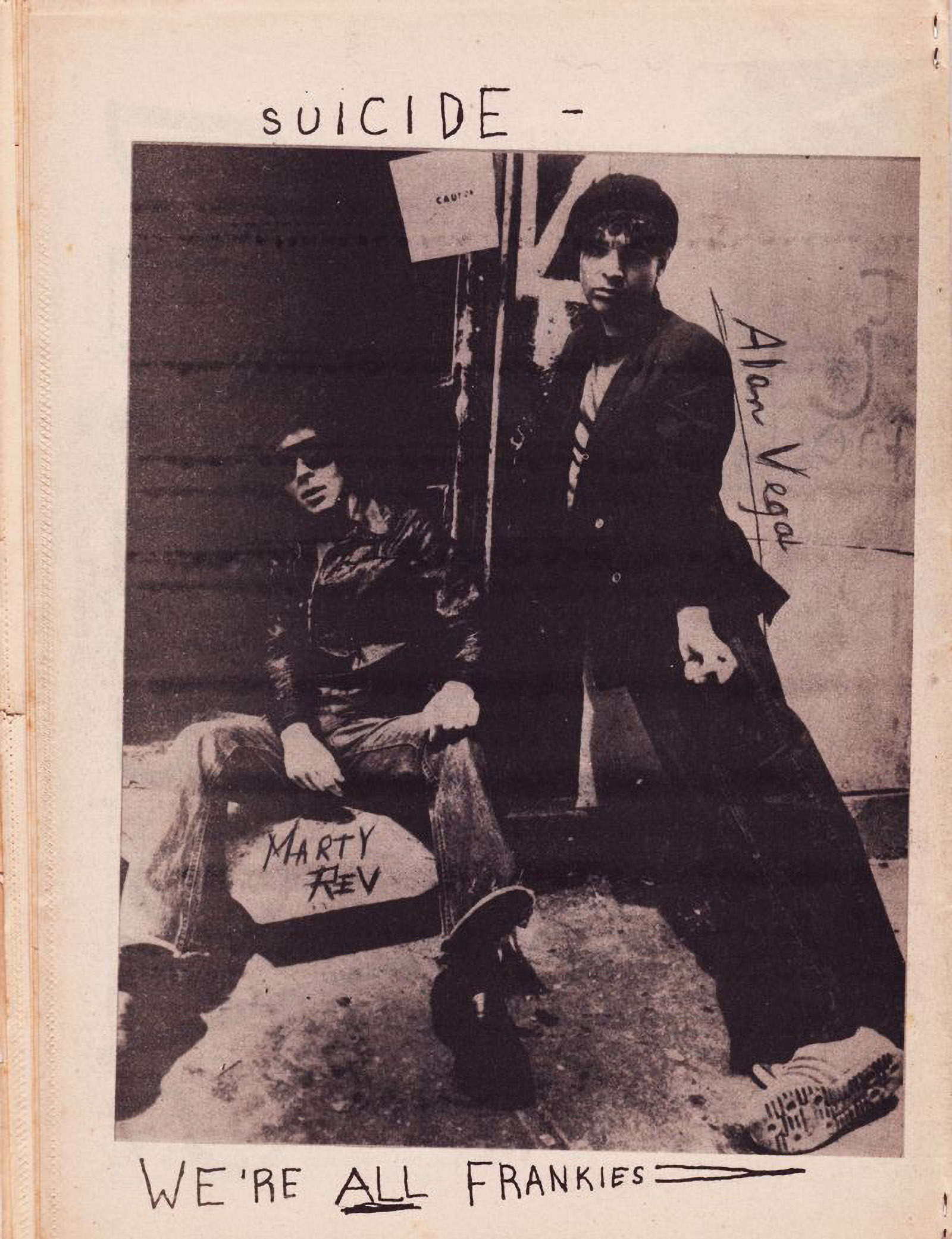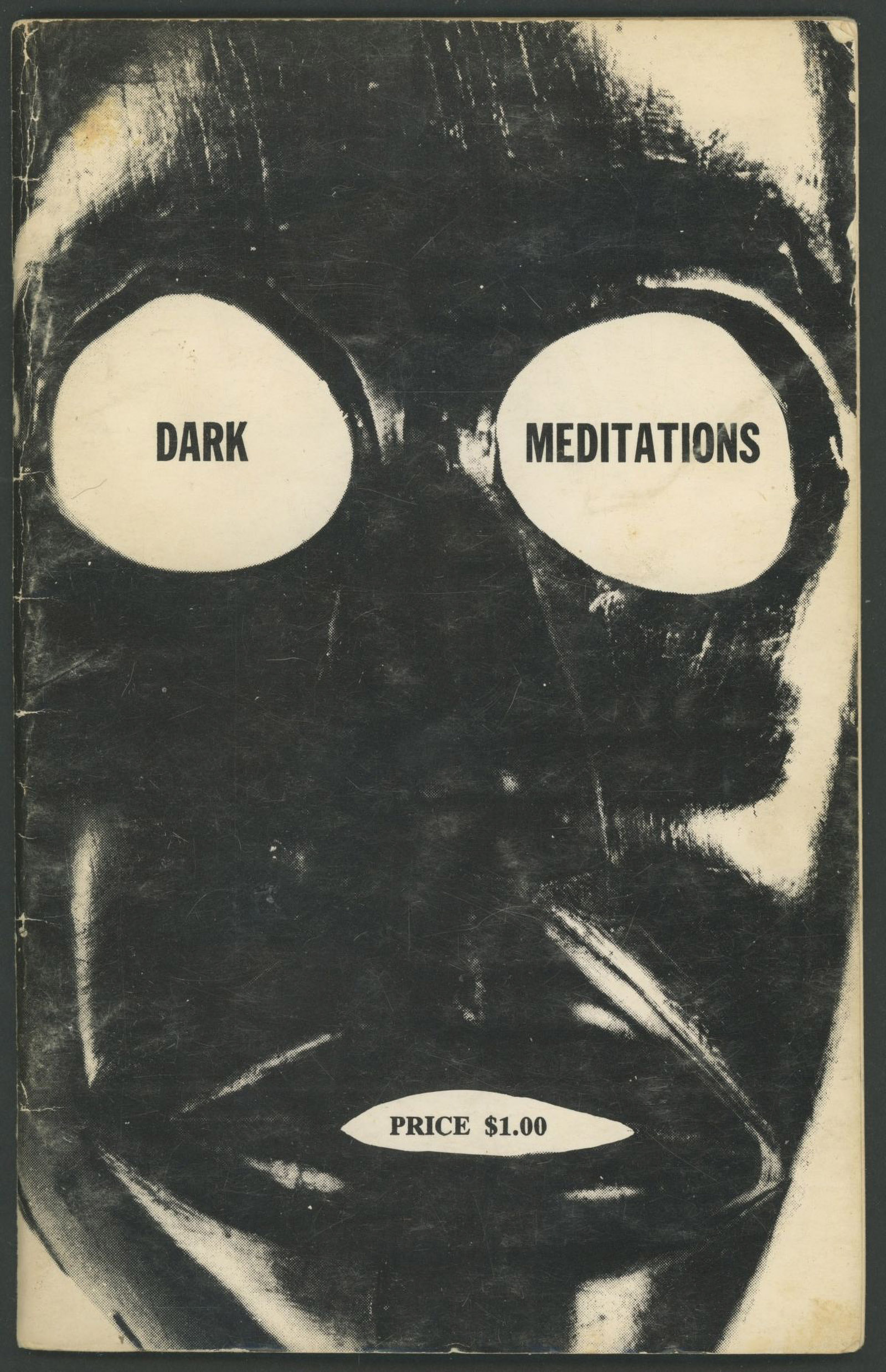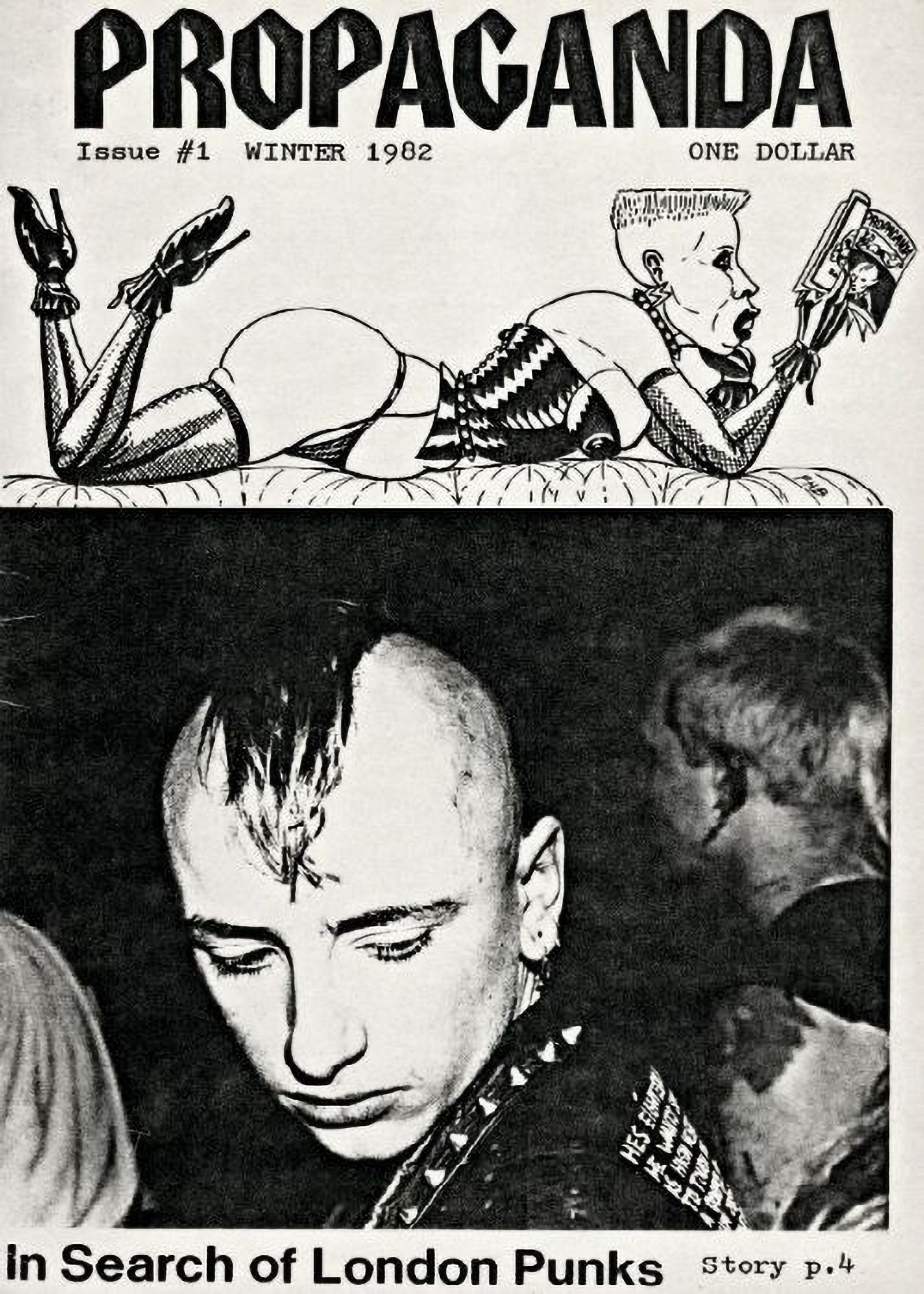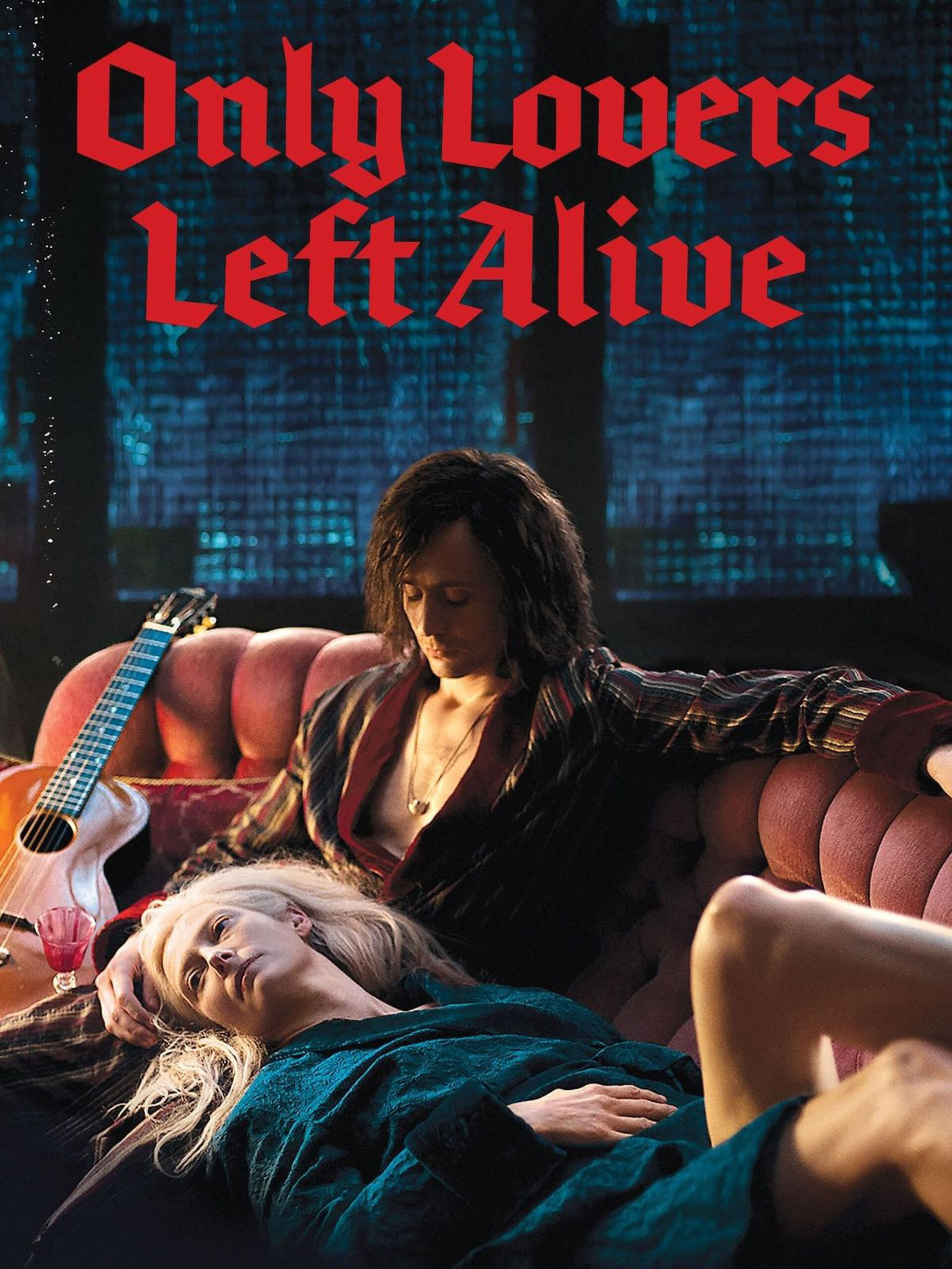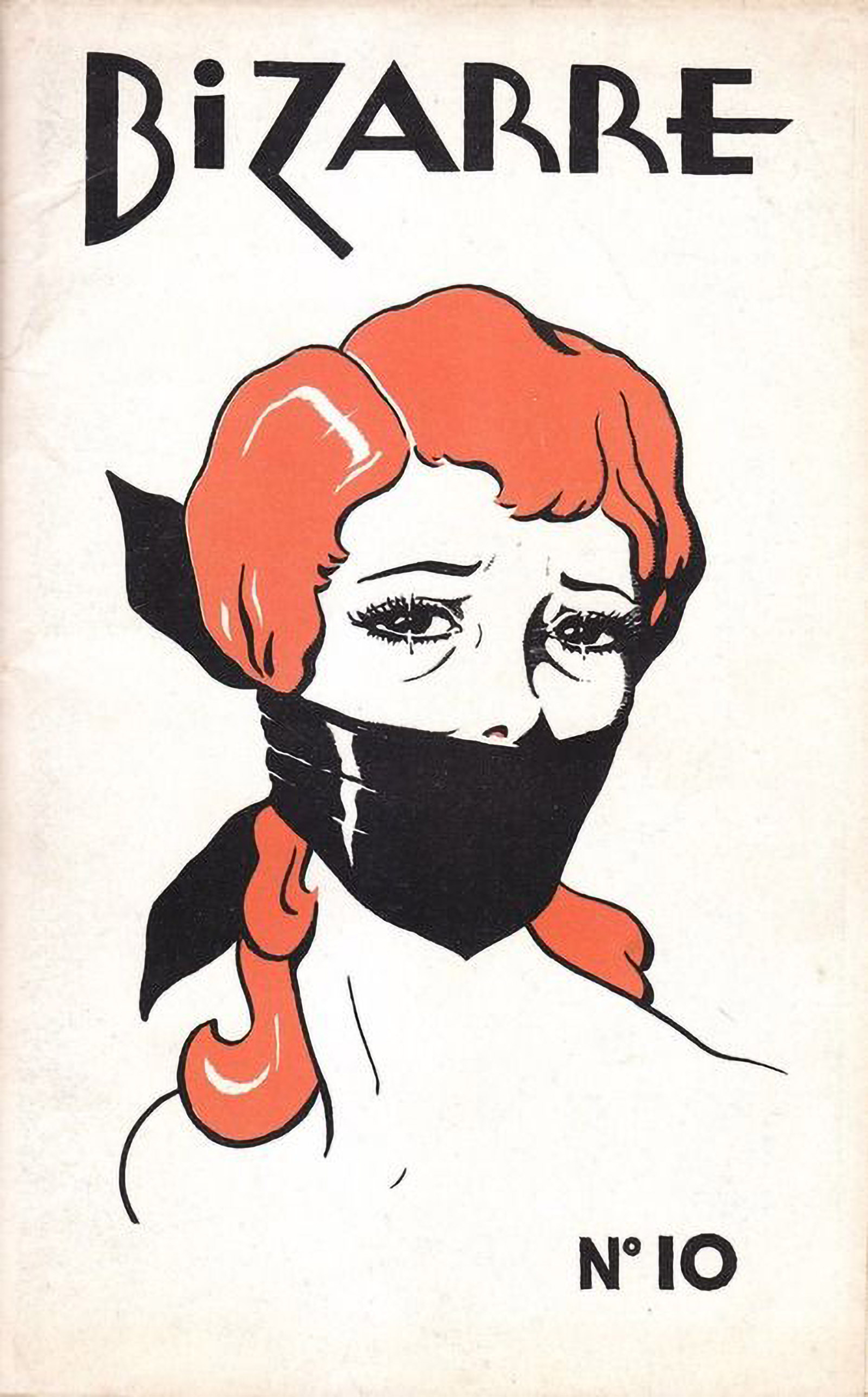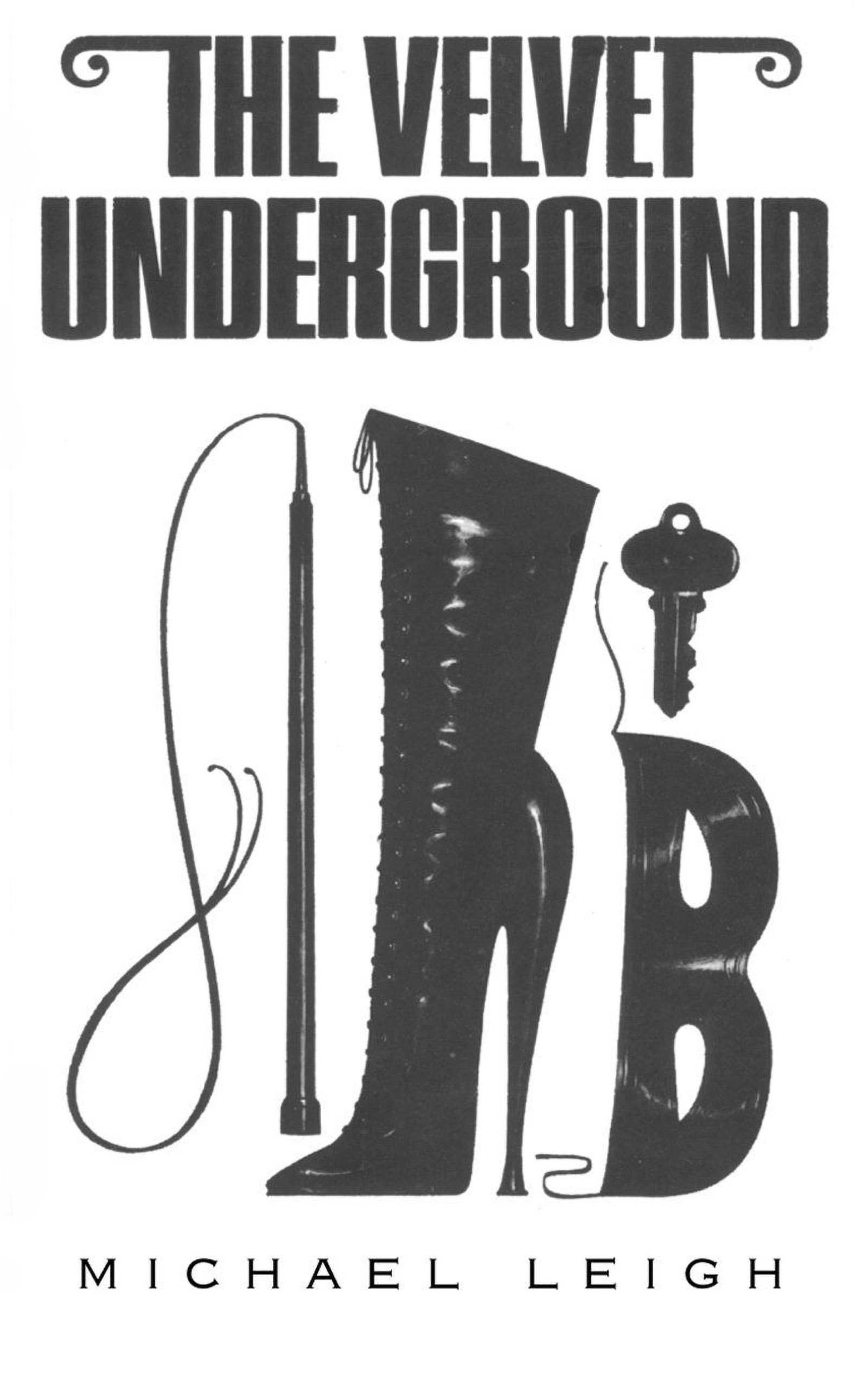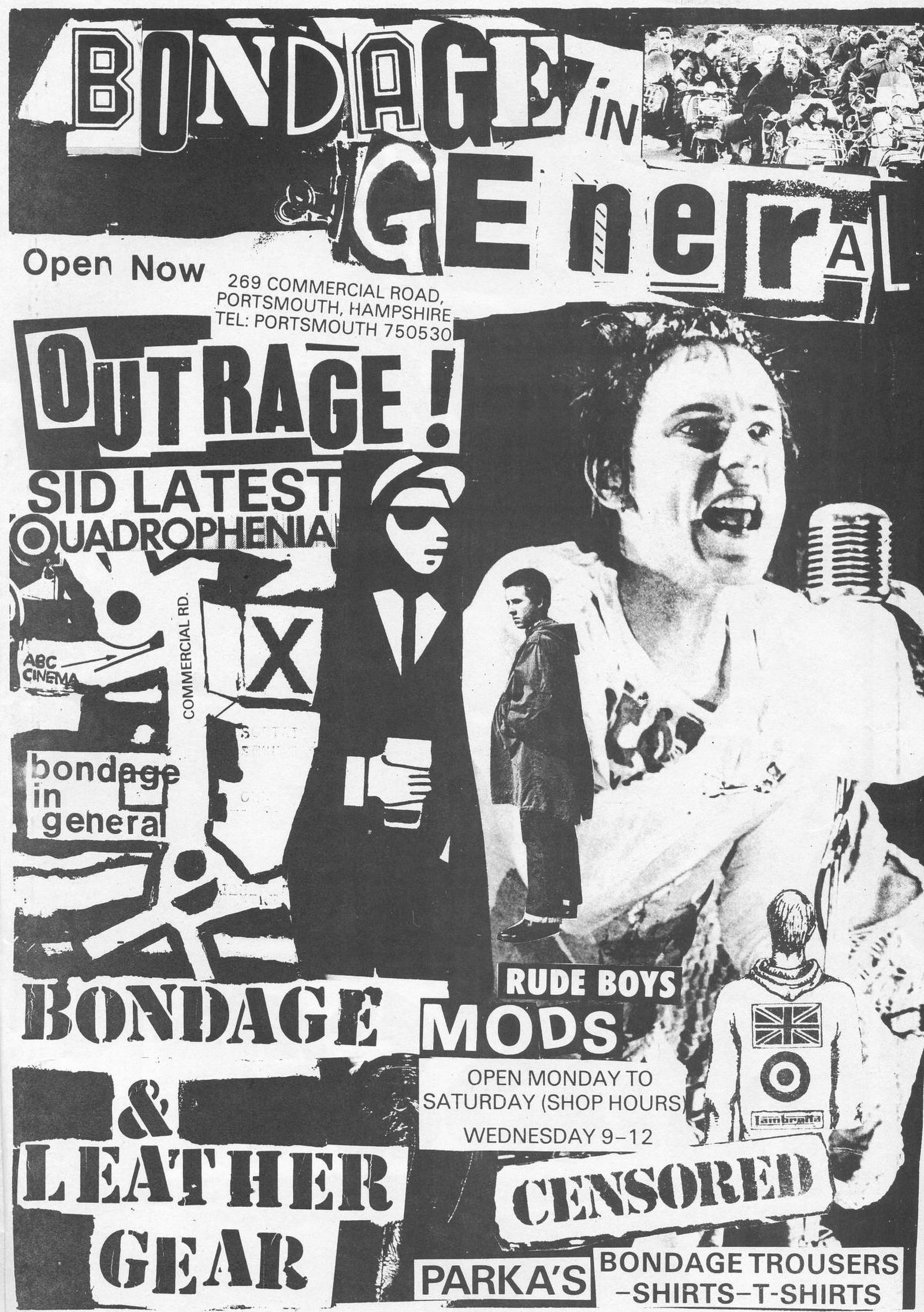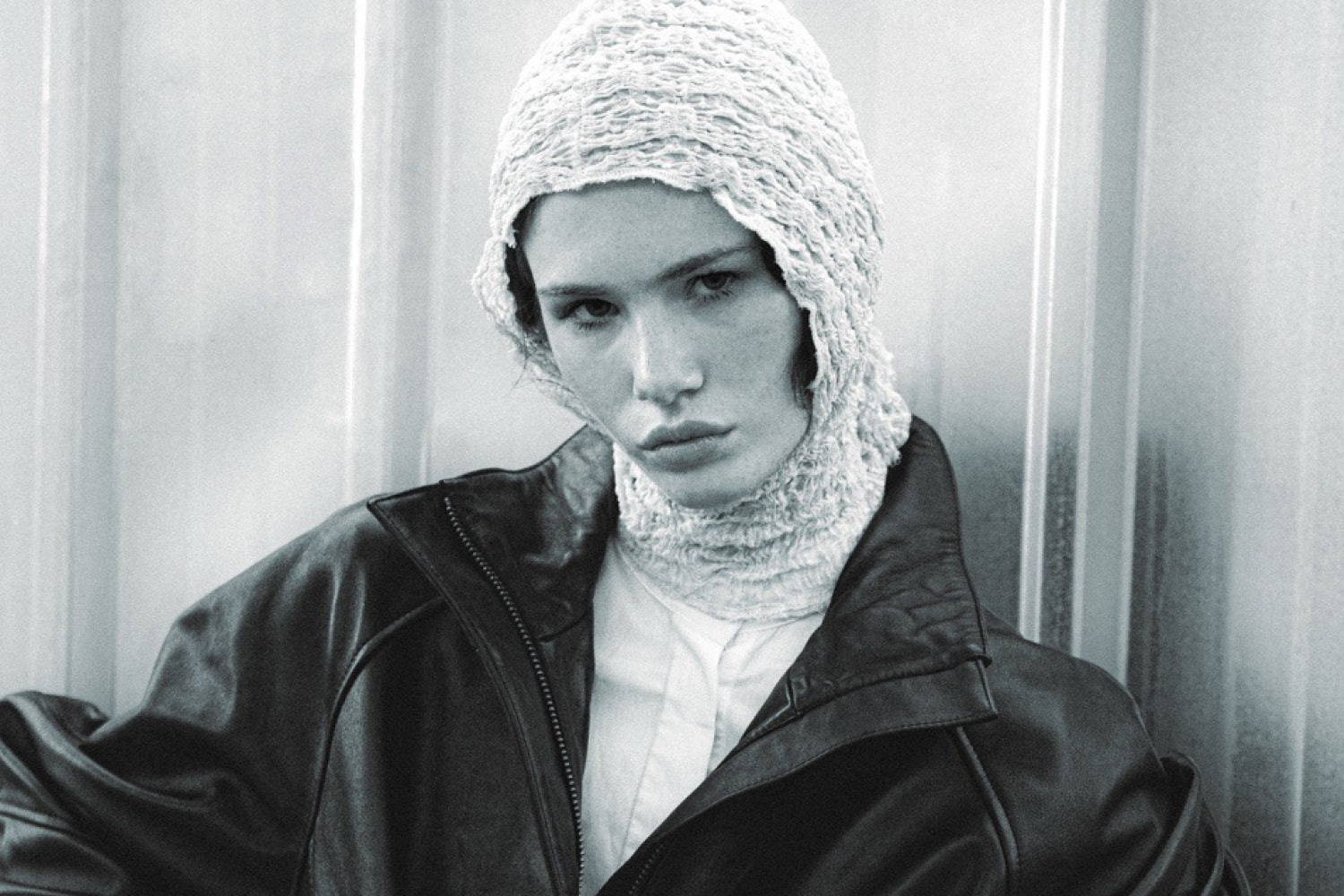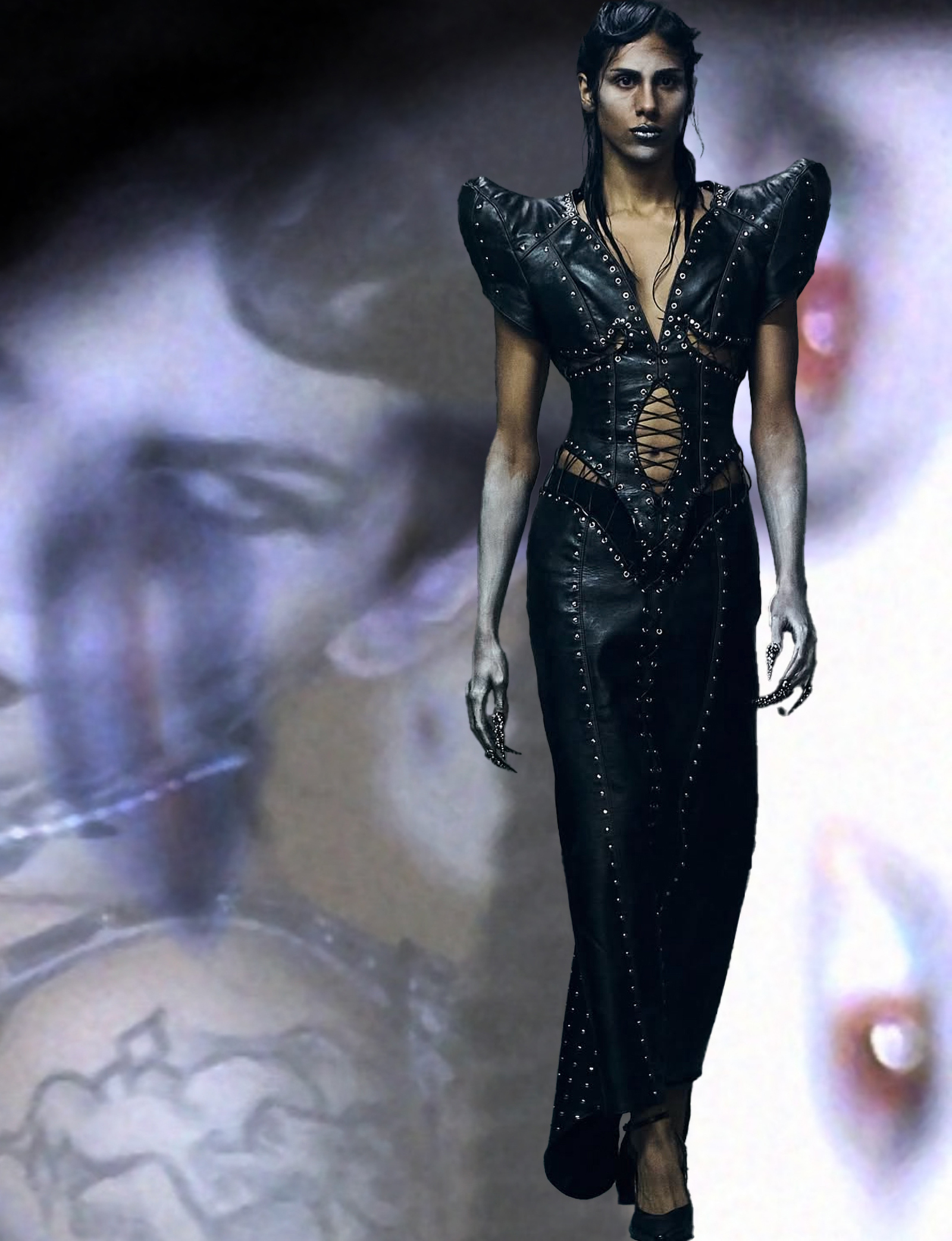In one of the first lines of the book, you say that, as a dominatrix, you realised people were showing you the most authentic side of themselves, giving voice to their deepest desires. You even suggest, with a fitting parallel, that meeting a dominatrix is like going to psychoanalysis. Where does your fascination with human nature come from?
I think I’ve always had it. I actually regret not studying psychology. Maybe I could invent a new psychology through pain. Maybe I should start a cult.
Why not? Do something like the Psychic Youth.
That was actually the topic of my thesis when I graduated from art school. But I’ve been fascinated by psychology since before that, and even more afterwards. During my four-year experience as a dominatrix, I understood quite a few things about people. I realised that what shapes someone’s idea of love, sex, and affection usually happens very early in life. It could be something silly. For example maybe you see your elementary school teacher wearing big earrings, you find her fascinating, and suddenly you’ll always be drawn to big earrings. It’s the same with sex. If you somehow mix love with your aunt spanking you because you’ve done something wrong, that association stays with you forever. It might even be wrong, but it becomes part of your wiring.
Now for example, I remember in the book when you mentioned the young self of Ulisse looking from the ground up at the legs of the woman at the hairdresser’s. That unlocked him a fetish for feet and adoration.
Exactly. That’s what I mean: it fits perfectly. So many slaves have told me similar stories. After each session, I’d often chat with them for ten minutes. They’d be so relieved, so open, telling me about their jobs, wives, children, even health problems. And when I’d ask why they were into what they were into, many would say, “I don’t know, but maybe when I was really young this or that happened.” I found it fascinating.
You knew the deepest desires of your slaves and could control them through their thirst for pain, yet you were a very young girl navigating a potentially dangerous adult world. In the book, you recount episodes in which you found yourself in real danger. What do you think prepared you to cope with such risks at that age?
Honestly, I was completely out of touch with reality. I was very young, and I didn’t realise how dangerous it was. If I went back now… I still like the idea of being a dominatrix, even though it’s been years since I’ve done it. I think a controlled place would be amazing, somewhere people work together and there’s real safety. But back then, I believed I could handle danger just by staying in character. Probably naïve of me as if I’d met someone truly violent, I wouldn’t have survived. That scene with the gun, for example, really happened. I handled it exactly as in the book, by staying in my dominatrix role. I was terrified inside, probably shaking, but it worked. And yes, I even met the guy a few more times after that.
And was he nice, as you said also in the book?
Yes, he was. No guns ever after. I’m a pacifist after all. I hate guns and I hate violence, as much as it sounds weird.
You write that within the dominatrix world there is a lot of competition, with practitioners often set against each other. Would you describe your practice as a solitary one? Beyond the support of Altea, the sort of interventionist angel in the book, whom or what did you turn to in moments of difficulty, without a real network around you?
It was an incredibly solitary experience, probably the most solitary one I’ve ever had. I didn’t really have a support network. It was something I had to go through alone and something I decided to end alone. There was no one to turn to, because everything that began in the club scene and the music world eventually turned dark. I still had my old friends, but I felt disconnected from them. You just go through it and that’s that.
I mean that’s very courageous at such a young age. I mean, I’m 23 right now. It’s the age in which you finished doing that. And it’s unbelievable, really, because the responsibility was all on you, as you didn’t have anybody to turn to.
No, there’s really no one. You might have friends, but they’re not there in that way. Even in the book, they’re not present, they’re barely mentioned.
One of the main characters and clients of yours said at a certain point, that it was like you had stopped going out with your friends.
That’s true. When you live a life that society doesn’t accept, you tend to withdraw. Of course, times are changing. Probably a dominatrix today could have a much broader support network.
Another key theme in the book is how many young women approach this vocation mistaking it for something else, often linked to sex, when it is not. On top of that, you had no mentor and entered this world on your own. What are the truths you wish you had known before stepping into it?
I think I was okay, actually. Nothing really disturbed me too much. What I did realise was the truth about men. I now have a very clear idea of men which wasn’t the one I had when I started. I used to get hundreds of phone calls a day. I can safely say men and women are very different. Men are sexually driven by their desires throughout their whole life; women are not. I wish women would listen more to their own desires, the way men do. I didn’t really uncover anything shocking; I was open to learning, and I learned through the experience. I had good experiences, maybe too good. Of course, today I’d tell anyone who’s curious to maybe do it through OnlyFans or in safer ways. You can even do it privately, which I don’t, but the main thing is: don’t do it alone. Even online, danger exists.
Your life as a dominatrix belongs to a time long past, “a life ago,” as you put it in the book. What would you tell the young Vera we meet in those pages, the nineteen-year-old girl trying to figure out the world?
I’d tell her to try more than one experience. Try this, yes, but also try other roles. You never know where you’ll end up. For me, it worked out well, but who knows how it could’ve gone if I’d chosen other paths too. I think everyone should have more than one experience. Maybe I’d tell her to cut this one a bit shorter. I’ve never tried something like an office job (not that I want to) but I’ve never tried. You never know. Life is short. You might as well try everything.
You write: “La verità è che tutti bramano una catena / The truth is that everybody craves something to be chained to” Have you ever found yourself wanting one too, to be chained to a secure life like Ulisse after your story had finished?
Oh, absolutely. My chain was actually being a dominatrix. For years, it became my comfort zone. When you live outside society and already know the risks, it’s hard to change. I wasn’t ready to let go; I was too attached to that world. When I finally decided to stop, I just turned off the phone and that was it. That was my chain: my own freedom and my own trap. But everyone has their own version: relationships, for example, can easily become that.
Agreed. The concept of love you explore in the book is fascinating.
I think love can be unconventional and still be strong. I don’t believe there’s just one kind of love. People experience it in many ways, even if 80% of them pretend there’s only one. I think you can love in multiple ways.
At the end of the book, you are offered a glimpse of normality through a new beginning, yet you refuse to say yes to it. Years later, what is Vera Nevi doing now? Has she embraced a new life? If truth cannot be found, how are you channeling your thirst for knowledge about the human mind today?
I’ve definitely embraced a new life. For the past ten years, I worked in fashion (fetish fashion, to be exact) but I grew tired of it. I’m over the overproduction, the constant creation of images made only to sell. I’m glad others still do it, but personally, I’m done. After fifteen years, I decided to write this book. A couple of years had passed since I closed my fashion business, and I realised I still needed to explore, but in a new way. Writing became that new experience. I’m now working on another book, about mental illness or rather, about breakdowns. It’s still a novel, but it touches on the moments when everything collapses, the kind of things everyone experiences but no one wants to talk about. I want to explore more about people through writing. I don’t know if it will sell, but I don’t care.
I read Finché nessuno muore in two days, so that should speak for itself.
That’s either a good sign or means it’s too short.
No, it just means I wanted more.
 https://www.nastymagazine.com/wp-content/uploads/2025/03/Immagine-JPEG-4144-9571-FE-2.jpeg
1200
1600
Editor Nasty
https://www.nastymagazine.com/wp-content/uploads/2015/02/new-logo-basker-WHITE4.png
Editor Nasty2025-03-21 15:38:452025-03-21 15:38:45Like all before you / The Voidz
https://www.nastymagazine.com/wp-content/uploads/2025/03/Immagine-JPEG-4144-9571-FE-2.jpeg
1200
1600
Editor Nasty
https://www.nastymagazine.com/wp-content/uploads/2015/02/new-logo-basker-WHITE4.png
Editor Nasty2025-03-21 15:38:452025-03-21 15:38:45Like all before you / The Voidz
